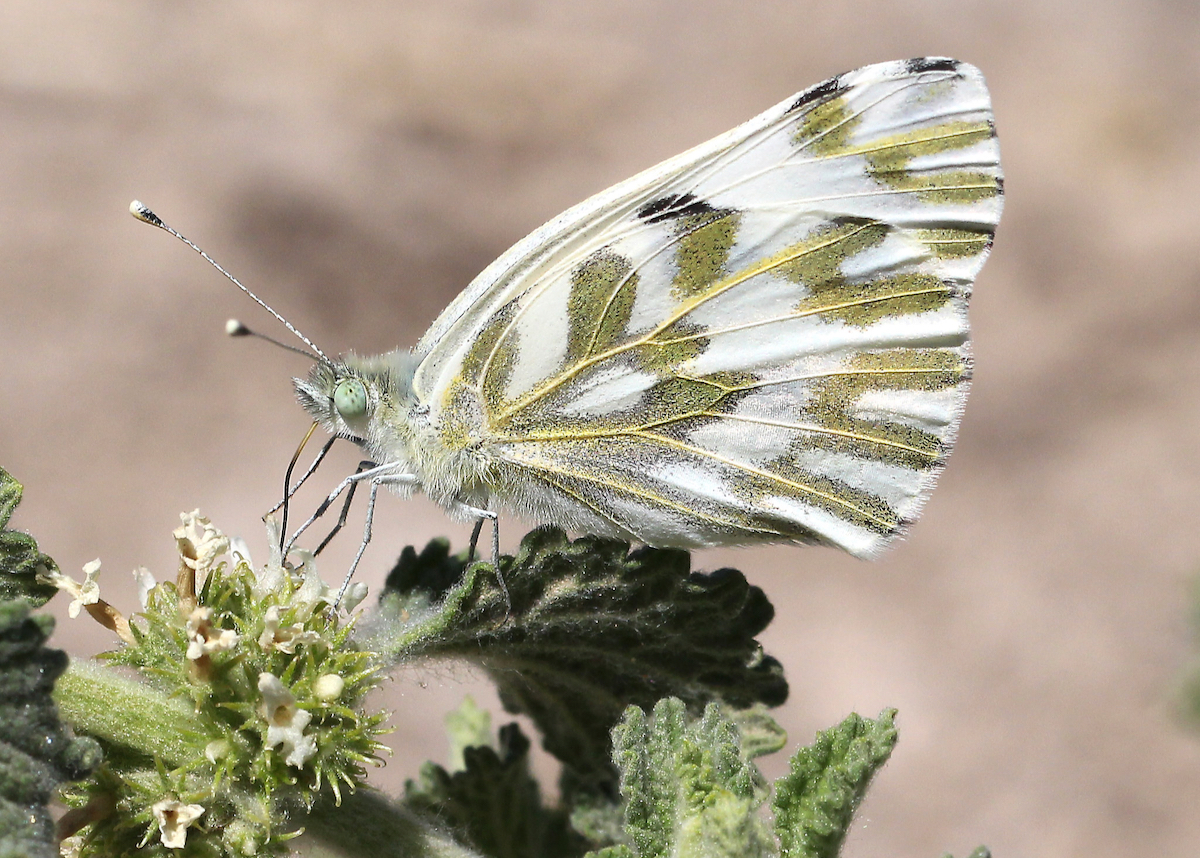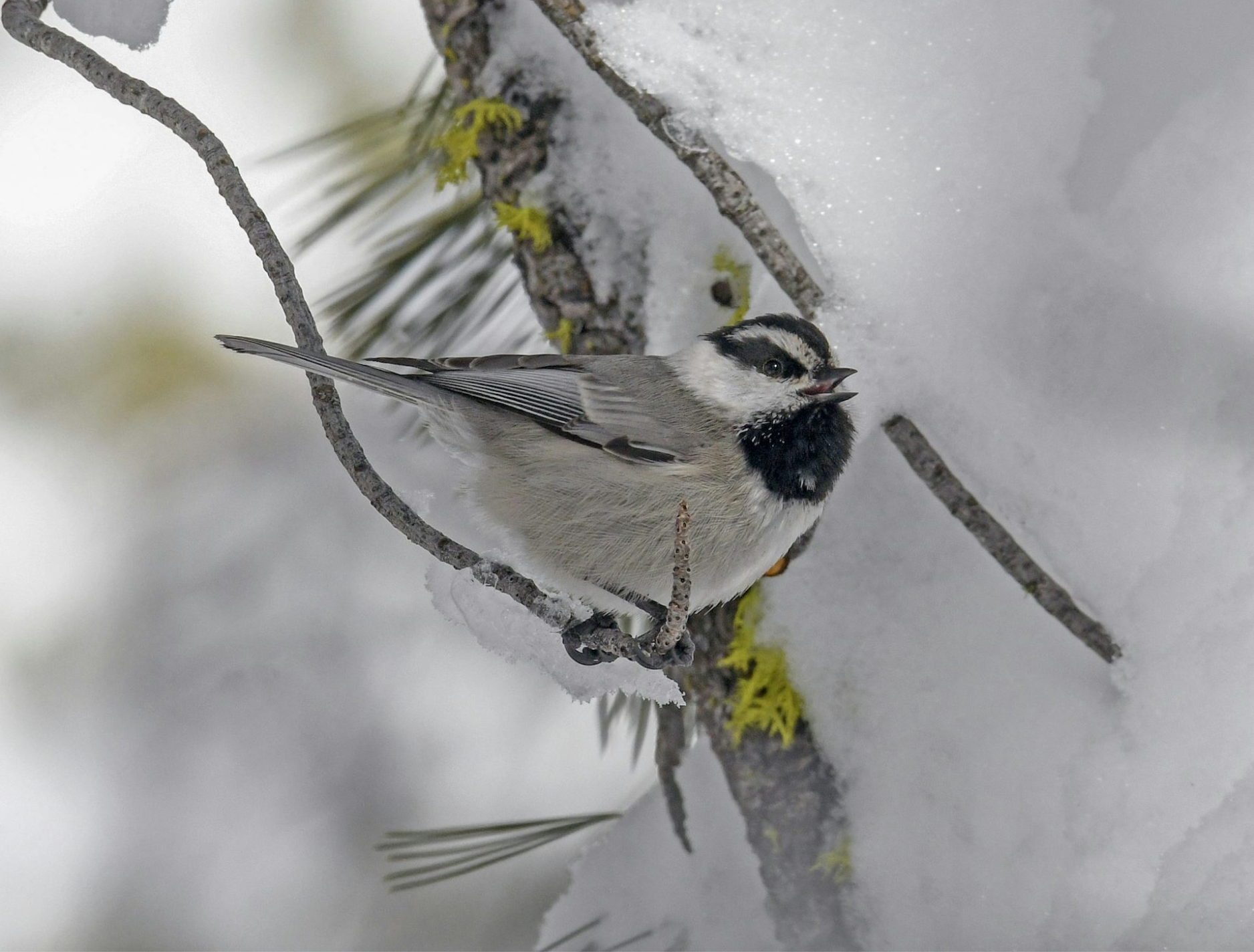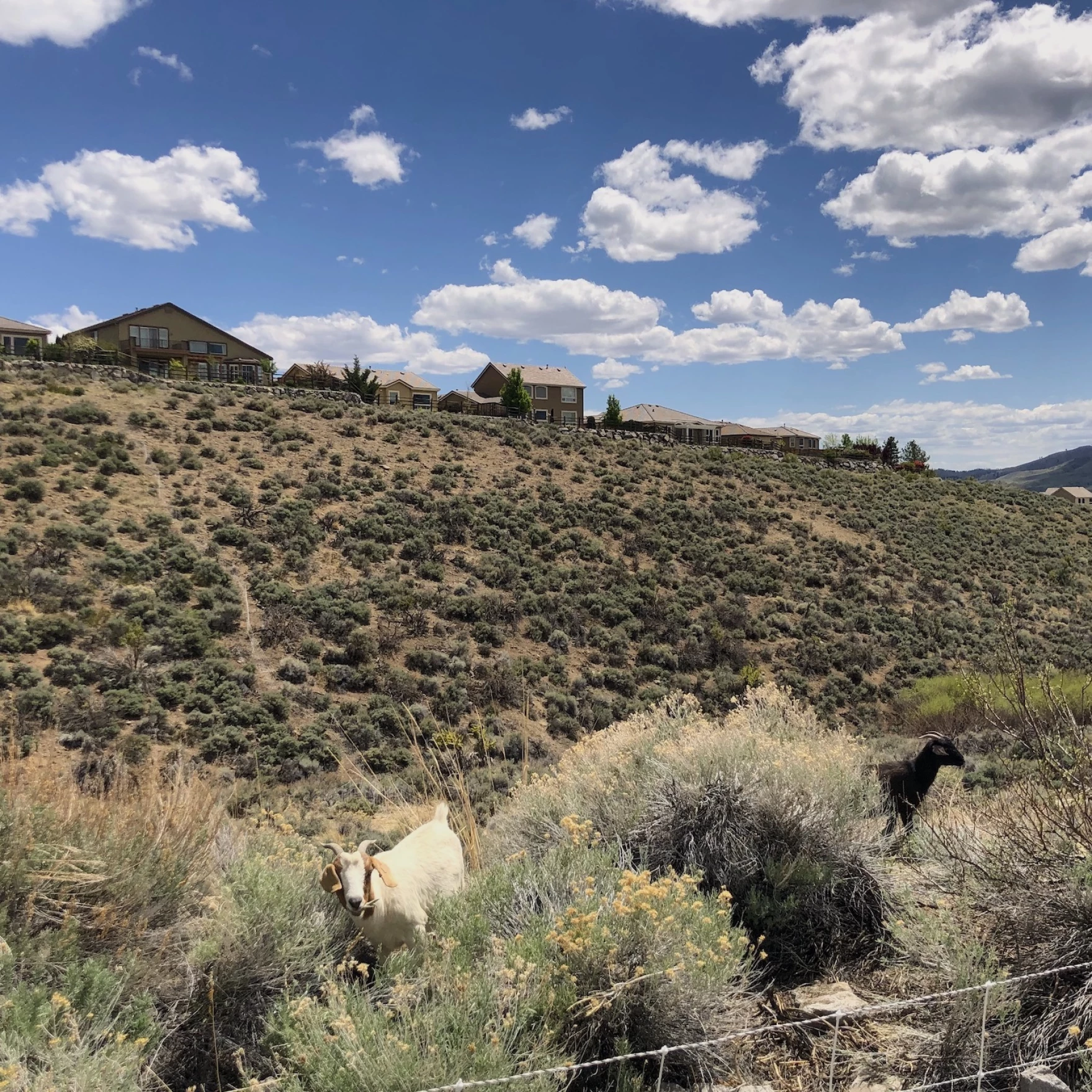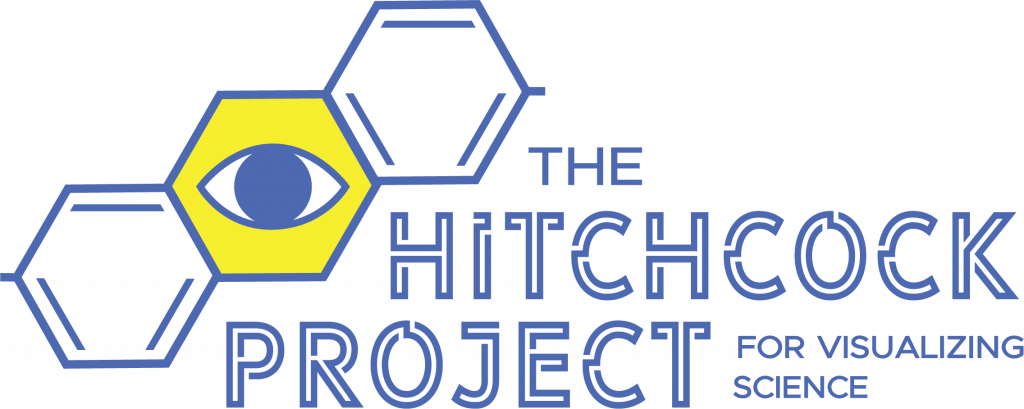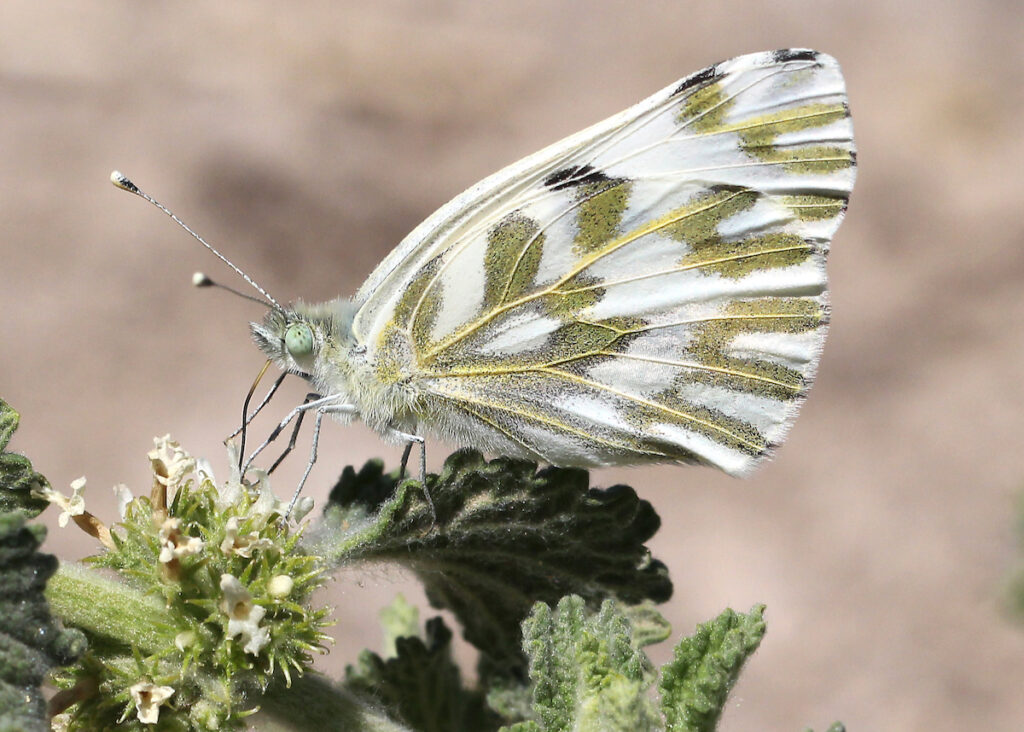
A new bill seeks to give the Nevada Department of Wildlife the ability to protect insects.
Insects are a vital part of any ecosystem. Still, they have not been afforded the same protections as the wildlife they help sustain, until now. On March 13, 2023, Nevada Assemblyman Howard Watts presented an amended Assembly Bill 221, which would allow the Nevada Department of Wildlife to manage designated invertebrates.
The bill, which received overwhelming support and no opposition during the meeting, initially classified the manageable species as “designated terrestrial invertebrates.” However, this was addressed and amended during the meeting to include all invertebrates and protect as many species as possible.
“With this bill, we won’t have to wait for things to get so bad that these insects are endangered on a federal level to take action,” said Matt Forister, a professor at the University of Nevada, Reno.
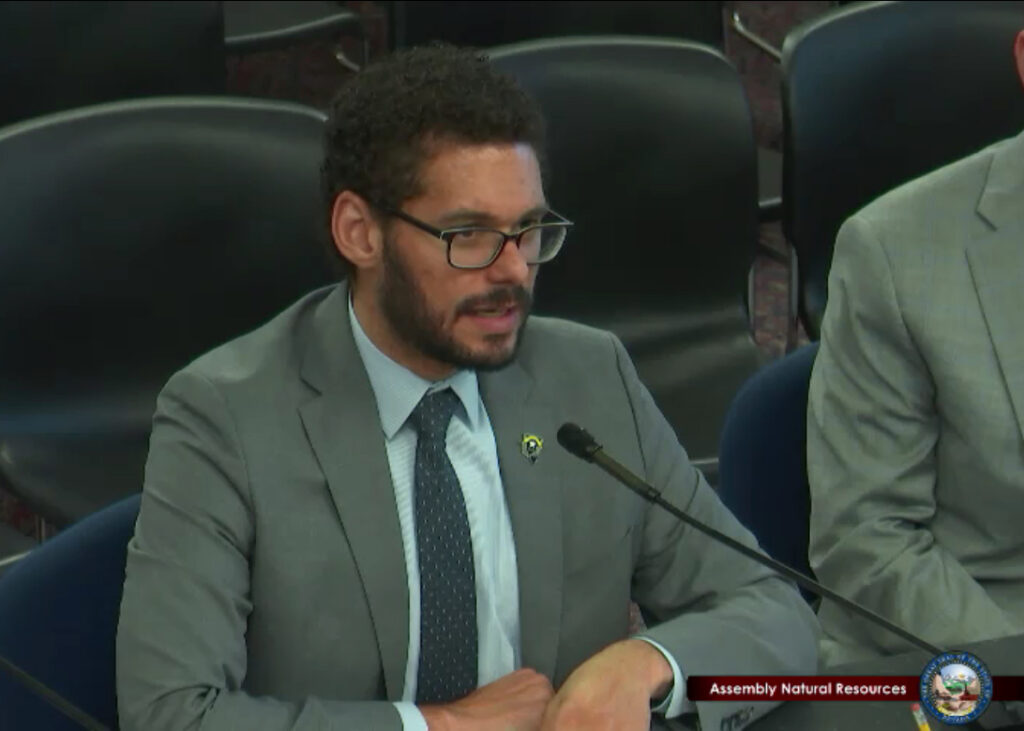
The bill seeks to give power to the state of Nevada to monitor, manage, and protect these species with the goal of keeping them off the federal list of endangered species. According to Kevin Burls, an Endangered Species Conservation Biologist with the Xerces Society, this will also help to ensure some economic stability when it comes to the protection of insects.
“At least one study has found that insects are worth 70 billion each year to the U.S. economy, and this includes many, many billions of dollars, especially in crop pollination in Nevada,” Burls said. Economic benefits in Nevada would include squash and melon pollination, alfalfa seed production, and the upkeep of many of Nevada’s game species that contribute to the local economy through fishing and hunting.
So, why should we, as Nevadans, care about protecting insects?
“One of the reasons we are so concerned with protecting butterflies and other pollinators in Nevada with this bill is that we know that these insects are in decline across the west,” Burls said. “Studies as recently as 2021, and other recent research, have shown a one to two percent decline in insect species across the west, such as Western butterflies, and a two percent decline would yield a 30 percent decline over the next 20 years. So, we know that there is a decline in butterfly species and that many of them are imperiled.”
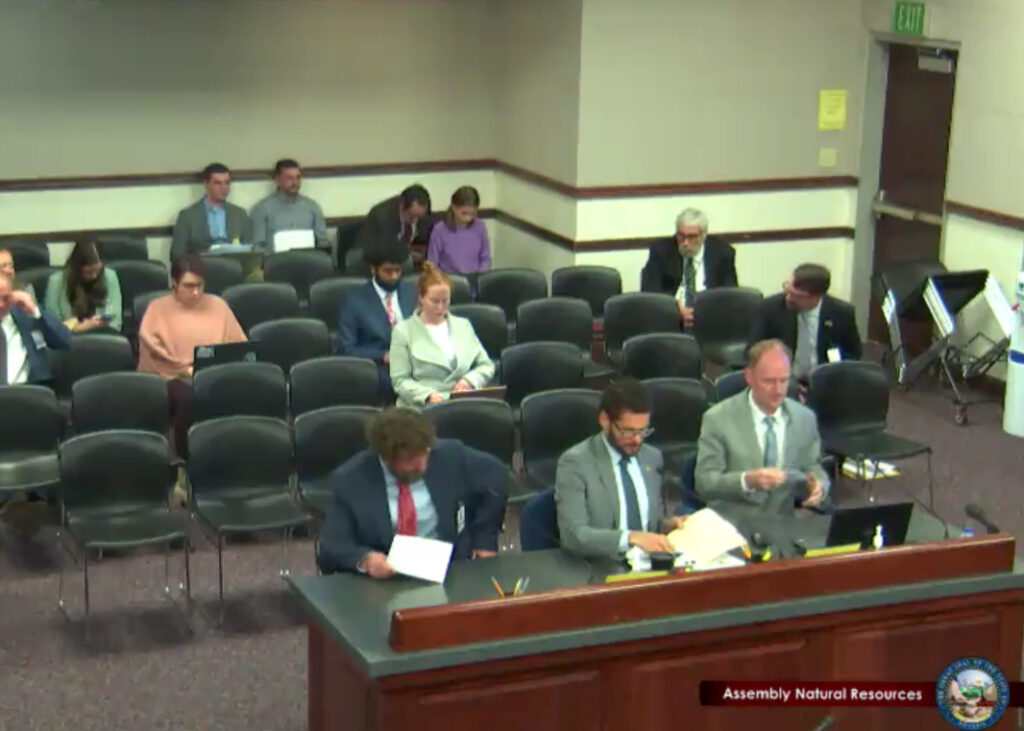
The decline of insects in Nevada is also directly linked to the health of our local ecosystems. “Insects are the glue that keeps the ecosystem together,” Forister said. “For Nevada, they keep the ecosystem balanced and impact everything up the food chain.”
Burls also mentions some advice for protecting insects on a personal level, stating that the best thing someone can do is “put in native pollinator plants into their local yards, especially if those plants replace monocultures of turf grass.” By putting in the effort on a local scale, we can work to preserve the beautiful Nevada landscape that draws nature-lovers to the state.
The Committee Passage deadline for the bill is April 14, 2023. If successful, insects will be one step closer to being recognized for their role in sustaining local wildlife and ecosystems and get the protections they deserve.
Sophia Holm is a journalism major and a student in the News Studio: Science Reporting class in the Reynolds School of Journalism.

